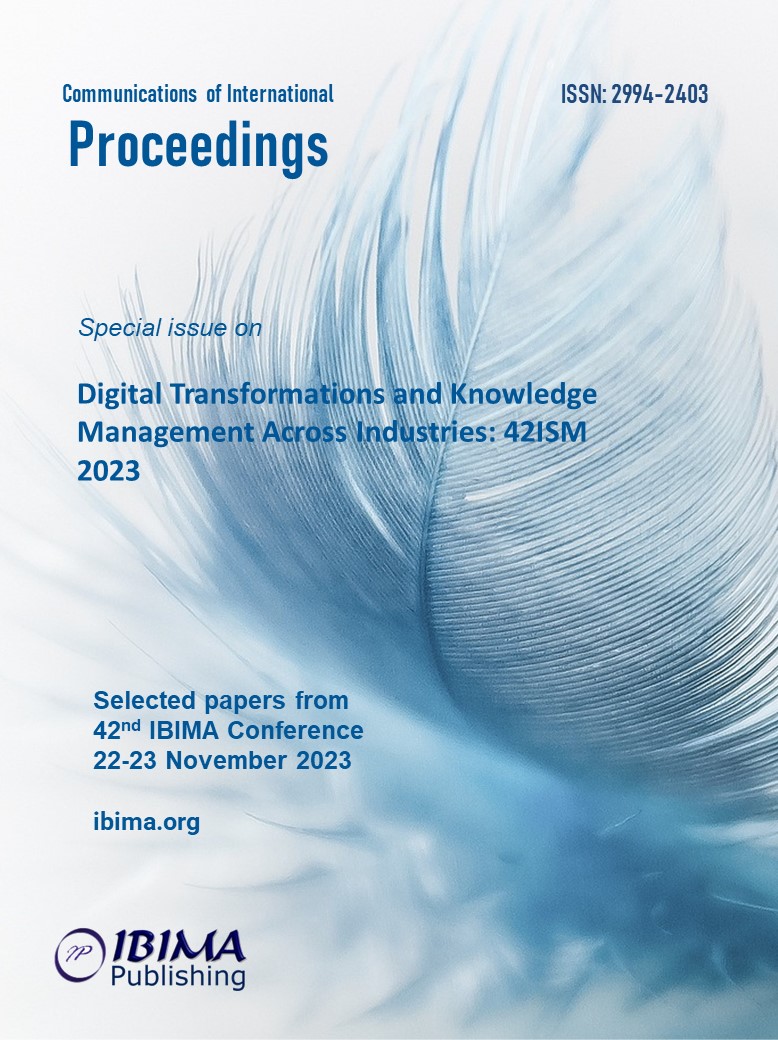
Tereziia POPOVYCH, Viktor ZABOROVSKYY, Sibilla BULETSA and Olesya CHEPYS
Uzhhorod National University, Uzhhorod, Ukraine

In this article, the authors consider the phenomenon of transhumanism in the context of its relationship with the process of globalization. It has been established that the concept of transhumanism is usually understood as a trend that uses the achievements of science and technology for the development of a human being’s physical and mental abilities, and yet the talk is even about the transformation of human nature. Based on the results of the study, the authors consider transhumanism to be only one of the vectors for the embodiment of globalization.
In addition, the study zeroes in on the concept of humanism, which, obviously, has received its modification at the present stage in the form of the concept of transhumanism and posthumanism. The authors argue that humanism and transhumanism proceed from the recognition of a person as the highest value in the natural world and in the world of culture, however, transhumanism is more radical, since it contributes not only to traditional means of improving human nature, but also to immediate application of medicine and technology to overcome some of our limitations. The authors also note that it is difficult to clearly identify its status in the contemporary society. With regard to this, the article highlights the challenges and threats facing humanity as a result of the development of science and technology, considering which, it is necessary to establish «acceptable limits» for their application in order to protect human nature and identity.